December 24, 2017, Sunday

After leaving Rome two days ago for Umbria and the hilltown of Assisi, I am spending Christmas here in the home of St. Francis.
Today, the fourth Sunday of Advent which also is Christmas Eve, I had the chance to go to Norcia, and to attend a Mass in the monastery of the Benedictine monks who now live on the hill above the city where St. Benedict was born in 480 A.D.
There were just 13 monks present, and about 30 guests. The celebrant was Fr. Benedict, the new prior. Mass was in the Tridentine rite.

Cassian guided us through the Church’s Introit Antiphons and Gospels for Christmas Eve and Christmas Day.
On Christmas Eve, the Introit Antiphon cites Psalm 2, in these words:
7 The Lord said to me, “You are my son;
today I have begotten you.”
1 Why do the nations conspire
and the peoples plot in vain?2 The kings of the earth rise up
and the rulers band together
against the Lord and against his anointed (Christ).8 Ask me, and I will make the nations your inheritance,
the ends of the earth your possession.
These words refer to the generation of the Son, Christ, from all eternity.
Then, the Gospel for Midnight Mass speaks of the incarnation of the Son of God, born as a child in Bethlehem, in time — our time.
Thus, we move in these two passages from the generation of the Son in eternity, to his arrival on earth, in the flesh, in time.
The movement is the opposite on Christmas Day.
On Christmas Day, we move from Christ’s birth in time to his generation in eternity from the Father.
The Introit Antiphon reads, citing Isaiah 9:6, and then Psalm 97:
“For unto us a child is born,
unto us a son is given,
and the government will be on his shoulders.
And he will be called
Wonderful Counselor.“Sing to the Lord a new song:
for he has done wonderful things.”
And then, the Gospel for Christmas Day is the first paragraph of the Gospel of John, the very first words of which are:
“In the beginning was the Word, and the Word was with God, and the Word was God…”
And so on Christmas Day, in these two passages, the Introit Antiphon and the Gospel, we move from the arrival of the Son on earth, in the flesh, in time, in Bethlehem, to the generation of the Son in eternity.
And in this way, the Liturgy teaches us our faith, and is the guide and frame for our theology, that is, for our understanding of the mystery of our existence in relation to God and his creation.
Fr. Cassian emphasized that what we are celebrating at Christmas is the gift of the “holy exchange,” the exchange of God’s very life and divinity, which He gives to us in Christ, for our fallen humanity, which we give to Him in Christ.
We give him, as it were, nothing, and he gives us everything.
That is Christmas.
This “holy exchange,” which opens the way for the “theosis” of all men and women, the “divinization” or “becoming divine” of all humans, is the profound source of our joy on Christmas.
It has been so from the beginning, and will be so until the end.
And what does it mean?
It means that separation, frustration, division, hatred and death do not have the final word, but rather communion, peace, unity, love and life.
It is time now for midnight Mass in the Church of San Ruffino with the Bishop of Assisi, Domenico Sorrentino.
Merry Christmas to each one of you, now and always.



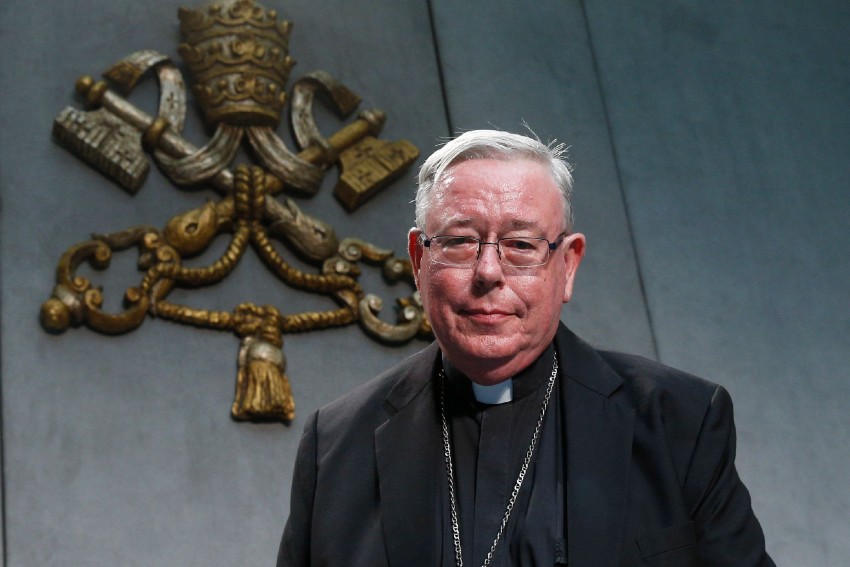
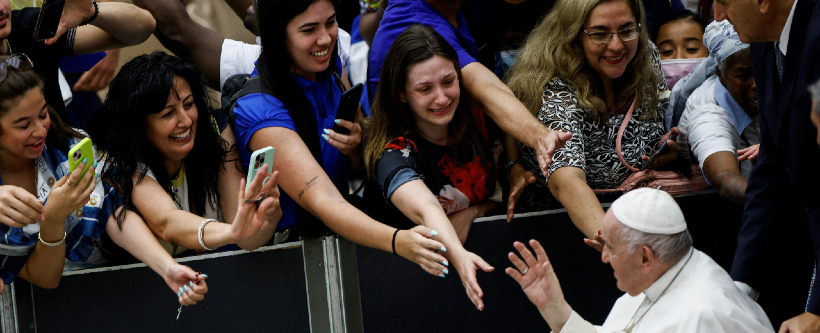
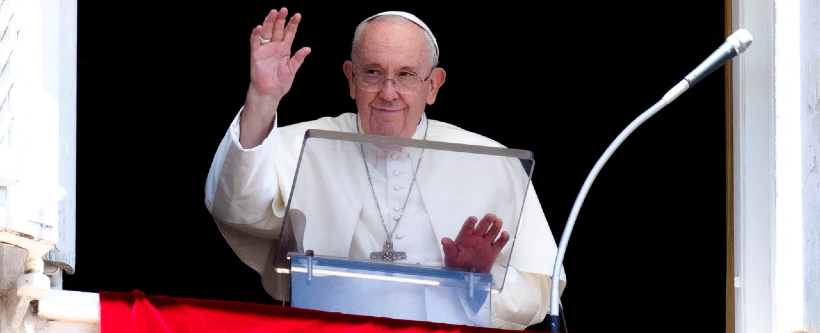
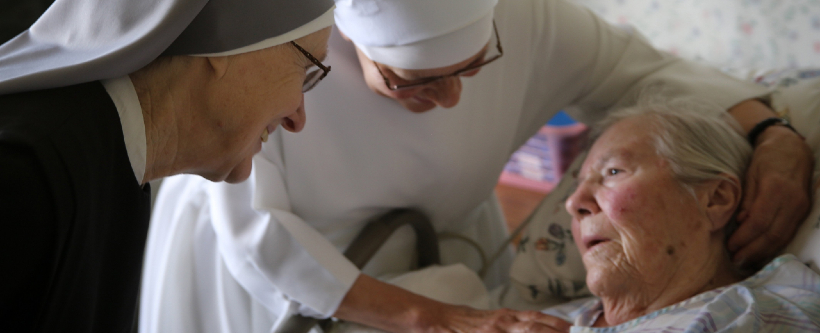
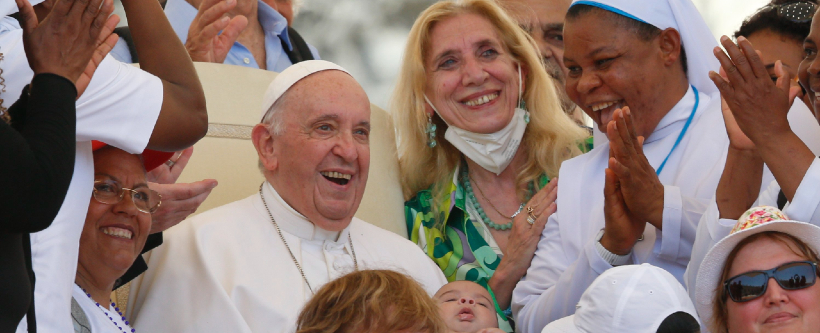
Facebook Comments